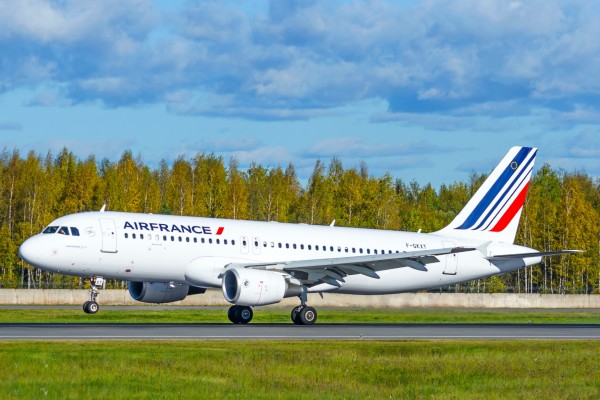The French air traffic control strike has led to widespread flight cancellations and delays, significantly impacting travellers and airlines.
Today, as unions and the government remain deadlocked, the ramifications of the industrial action are being felt across French airports.
Extent of Impact
The strike by French air traffic controllers is causing significant disturbances in the aviation sector. Reports indicate that up to 75% of flights at Paris Orly and 65% at Paris Charles de Gaulle are expected to be cancelled. Airlines are working tirelessly to minimise the impact on passengers, but substantial delays remain unavoidable.
Background of the Strike
Unions initiated the strike following unsuccessful negotiations regarding salary increments and proposed modifications to the French air traffic control system. These talks have been ongoing for several months, with no resolution in sight. Consequently, the union and its members felt compelled to take industrial action to hasten progress.
Airlines’ Response
Air France, among other carriers, has been proactive in notifying travellers about “significant cancellations and delays” at French airports. The airline has implemented commercial measures to assist passengers in altering their plans without additional charges. Air France has also reassured its customers that this strike does not involve their airline or personnel.
The airline’s move has been largely appreciated by affected travellers, who have expressed their gratitude for the clear communication and flexible rebooking options. These measures are designed to reduce inconvenience and frustration for those with cancelled flights.
Potential Future Strikes
There is a possibility of further disruption, as air traffic control staff threatens a more extended strike from May 9th to 11th if an agreement remains elusive. This potential escalation poses a significant concern for airlines and passengers alike, as it coincides with the busy travel period leading up to the summer.
This phased plan of industrial action indicates the escalating severity of the situation. The inability to reach a consensus could result in prolonged challenges for the aviation industry, impacting both domestic and international travel extensively.
Stakeholders and industry analysts are closely monitoring the situation. There is a growing call for urgent resolution to prevent the crisis from deepening, which could adversely affect economic activities during the heightened travel season.
Effects on Travellers
Passengers are facing a host of challenges due to the strike, including flight cancellations, extended waiting times, and uncertainty in travel schedules. Many are forced to alter or postpone their travel arrangements, leading to dissatisfaction and frustration.
Travellers are advised to keep abreast of updates from airlines and airport authorities to navigate these disruptions effectively. Preparations for alternative travel plans are becoming a common trend among those affected.
The situation underscores the importance of having comprehensive travel insurance, which can provide coverage for such unforeseen disruptions. Passengers are encouraged to thoroughly review their travel insurance policies to understand the level of protection offered.
Impact on the Aviation Industry
The strike not only disrupts day-to-day operations but also brings to light the vulnerabilities within the aviation infrastructure. Airlines are experiencing increased operational costs, and there are broader implications for revenue and customer satisfaction.
The potential for more strikes exacerbates these challenges, compelling airlines to develop more resilient strategies to withstand similar disruptions in the future. Collaborations with government bodies could be essential in forging long-term solutions.
Preparing for the Summer Olympics
With the summer Olympic Games scheduled to take place in Paris, there is increasing concern over potential travel disruptions. Ensuring seamless travel is essential for participants and spectators alike, and any industrial action during this period could have widespread consequences.
Conclusion and Future Outlook
The ongoing strike by French air traffic controllers has created notable challenges for the aviation industry, passengers, and broader economic activities. As negotiations continue, all eyes remain on the developments in France, hoping for a swift resolution that ensures stability in the coming months.
Airlines and travellers continue to bear the brunt of disruptions as the strike progresses, with future negotiations crucial to averting further turmoil.
A swift resolution is vital for stability in the aviation sector, particularly with major events on the horizon.

